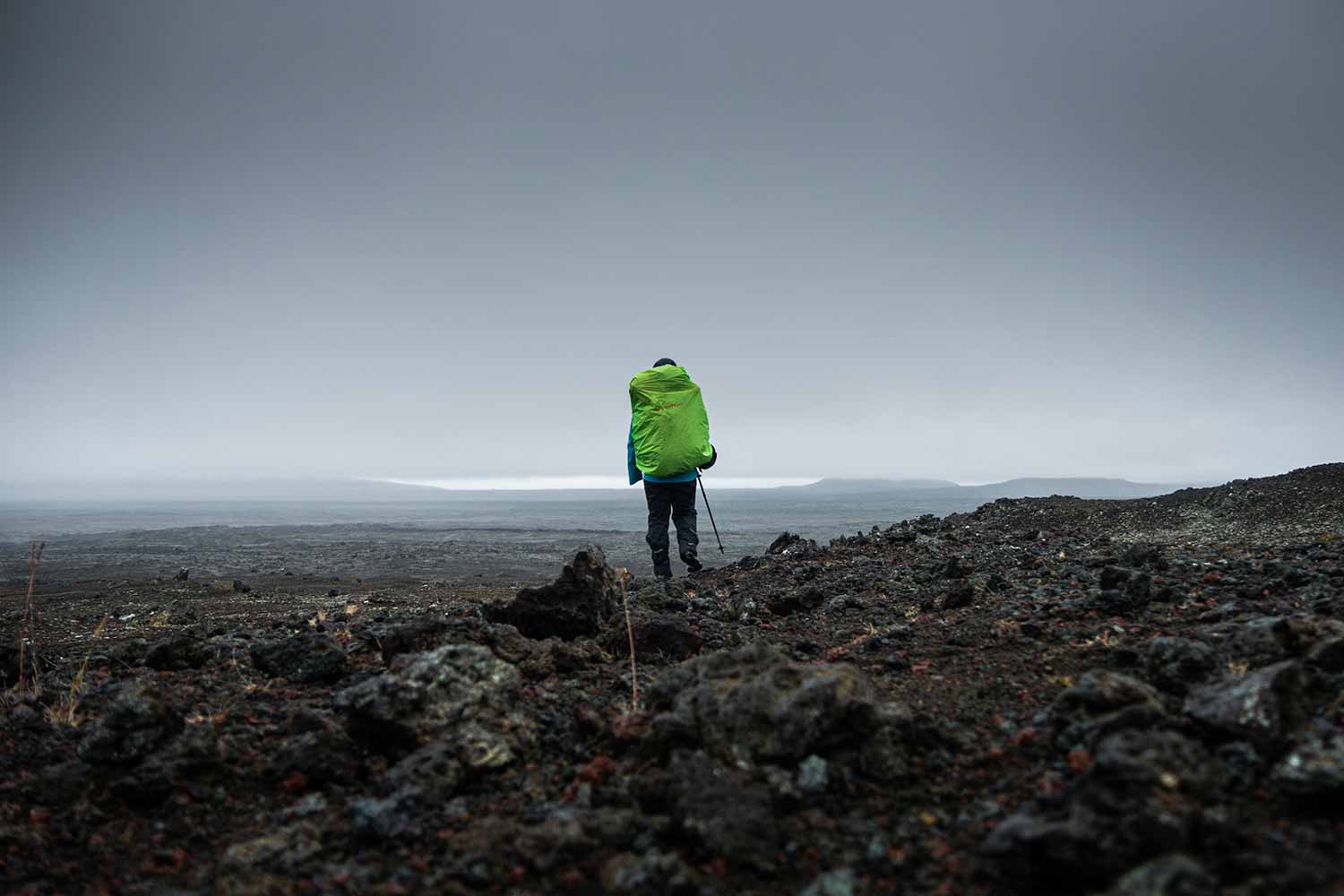How can we talk to each other, understand each other, discuss with respect, communicate about projects and objectives, convey our needs and listen to those of the other? How to communicate by placing respect and understanding of others at the heart of the discussion? How to communicate outside of the offensive and the defensive?
I ask myself these questions because I am constantly confronted with them, first of all with myself, in my way of communicating and understanding others, but also within my own family and within places in transition where I have been working since the start of my trip, in search of other ways of life.
In the different places where I have been as a volunteer since the end of August, communication has appeared to me each time as a difficult subject and revealing essential and deep problems about our way of living together today. Whether it is a small farm in transition, a straw built house, a family farm in aromatic products or an organic market garden, all these places focused on an ecological approach and a desire for transition appeared to me as lacking in communication but above all in ways to communicate. And while everyone still tried to do their best, that didn’t prevent problems from happening on a recurring basis. How could all these places turned towards a future where living together, community appear as essential pillars of success, could they have so many communication problems?
The question is important. Because it reveals our dysfunctions, our habits and our fears about the future. How do all these places in transition, how all these eco-places that are now created almost every week, manage to live together? How is it possible to believe and advocate a future based on sharing, understanding and respect if we are not able to communicate with each other first? How can we claim a participatory democracy, a community society if we are not even able to listen to ourselves? I, who am naturally solitary and emotional and who already have difficulty in communicating in a benevolent way towards myself or my own family, how am I going to live in community? Am I able to change? Am I able to learn to communicate in a different way? Am I able to be accommodating to anyone, regardless of orientation or character? Am I able to communicate without getting angry, by detecting the needs of my interlocutor behind the often hurtful words? Am I able to put my ego aside to really listen to the other?
When I see the communicational problems of the places where I have volunteered until now (non-statement of needs, undefined objectives, aggressive discussions, problems of listening in couples, superficial relationships, ego problem, lack of organization, etc) and my own conflicting exchanges, it seems obvious to me that the first thing to do before even setting up the world of tomorrow is to learn to communicate. We can only set up a new society, a new democracy if we work on our dysfunctions so as not to repeat the same mistakes over and over again. We need to unlearn what today’s society teaches us, based on violence (aggressiveness, competition, disrespect, burying our emotional needs) in order to relearn how to live together and to communicate in a benevolent way. Language and words have a determining role in the establishment of benevolent or conflictual relationships. Learning non-violent communication, in which empathy is at the heart of the process, therefore seems to me to be an essential step to take. As the founder of the technique, Marshall Rosenberg says, we need to use a mode of communication that fosters the impulse of the heart and connects us to ourselves and others and put in place the government structures that promote these exchanges.
So I think that in parallel with my process of discovering other ways of life, I must work right now to develop an inner well-being and to learn a benevolent communication. Starting with working on myself, then expanding it to include my family and daily exchanges. This work on language and the relationship to others will automatically change my way of conceiving a society but also my relationship to the different living species inhabiting the planet. Communication does not stop with men. It is also done in our relationship with animals, plants, insects … In our exchanges with them and in our way of conceiving and accepting them. It is therefore with a new mode of thinking that I will be able to tackle issues relating to transition, negative growth, living together and respect for living beings. It is even very likely that it is probably only by making this change, this transformation, that I will subsequently be able to approach these themes with a new eye.
To know more about: Nonviolent communication
